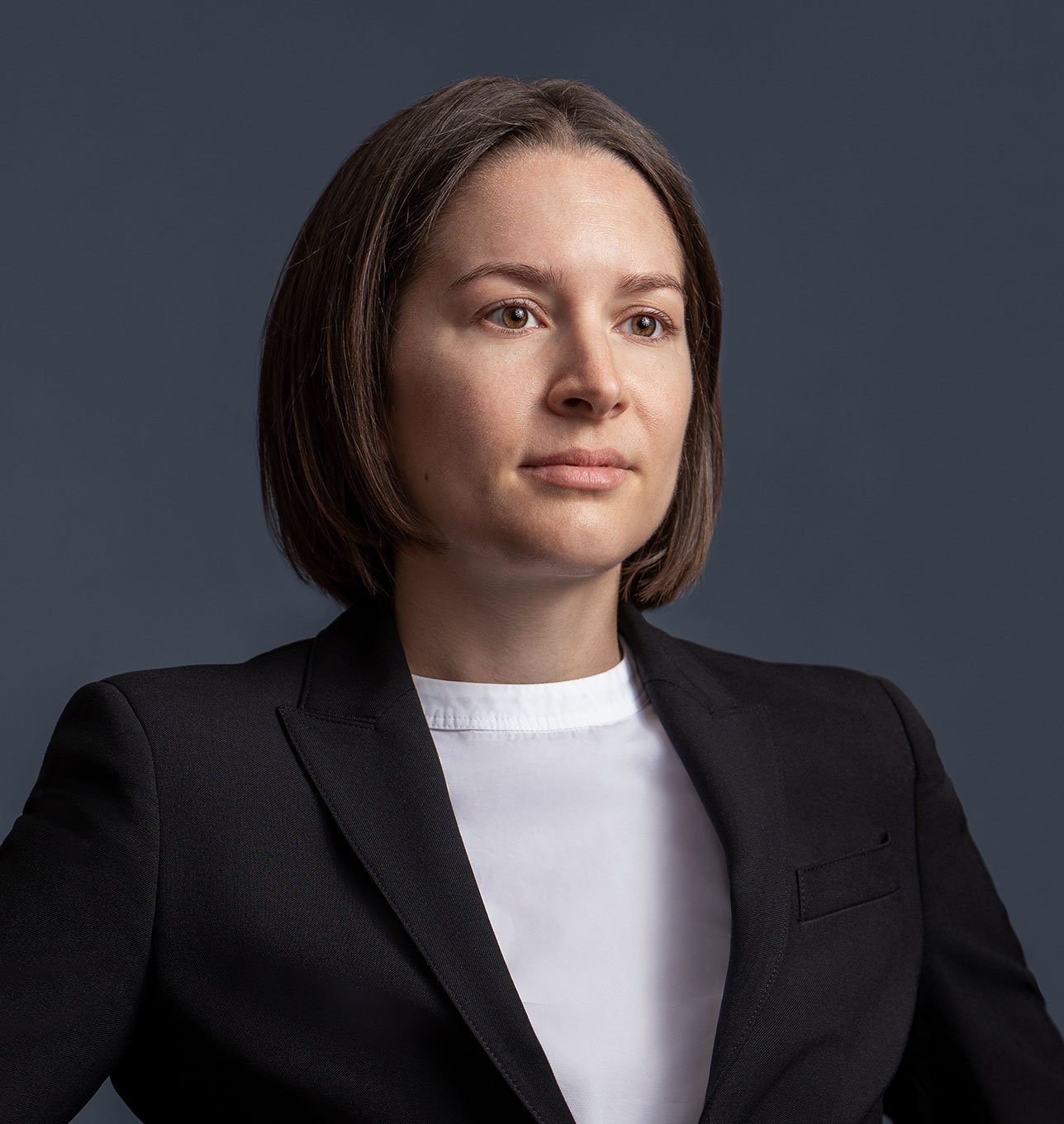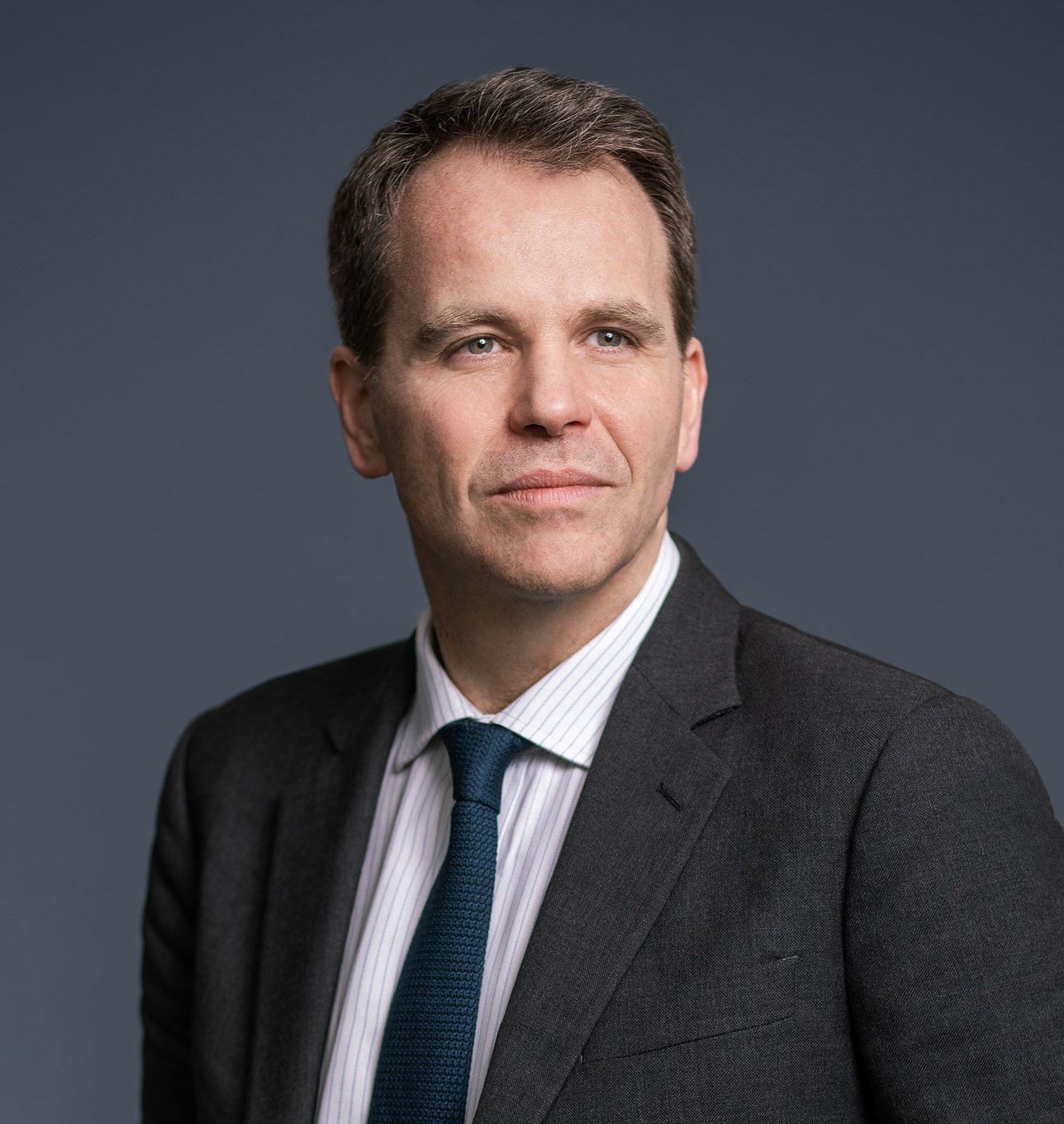Staffing Up: Antitrust Regulators Around the World Step Up Digital Platform and Technology Enforcement
At A Glance
In February 2025, the Japan Fair Trade Commission (JFTC) announced that it will hire additional staff to enforce the country's new Act on Promotion of Competition for Specified Smartphone Software. The Act “aim[s] to foster innovation and expand options for consumers through ensuring a fair and competitive environment in the digital field,” and is a recent example of worldwide competition enforcers’ focus on digital platforms and technology. Companies doing business in Japan should be aware of other competition enforcers’ focus on digital platforms and technology to prepare for the JFTC’s new enforcement powers.
Better-resourced enforcers suggest continued, if not increased, competition enforcement of digital platforms and technology.
European Union
The EU Digital Markets Act (DMA) took effect in 2023. Considered by many as landmark legislation, the DMA aims to make digital markets fair and competitive. Central to this approach are new obligations on the biggest digital players in the European Union, called “Gatekeepers.” The European Commission (EC) anticipated having over 100 full-time staff dedicated to the implementation and enforcement of these new rules. EU Member States also have a supporting enforcement role.
Since the DMA took full effect, the European Union’s competition enforcement efforts have intensified, particularly monitoring the conduct of Gatekeepers and ensuring compliance with the new rules. Indeed within a few weeks of the first compliance reports being filed with the EC, three non-compliance investigations have been opened and the Commission has repeatedly emphasised that it expects compliance with the new rules, not just best-efforts. This work has highlighted a key issue: the need for staff to ensure effective enforcement. As Teresa Ribera, the new EU Competition Commissioner has flagged, DMA enforcement is complicated and requires “specialized” officials to monitor compliance. On April 1 2025, the EC Director General for Competition expressed concern that his unit only had around a fifth of the number of staff originally anticipated and, to plug this gap, had been forced to move staff from other competition enforcement units. In short, the level of enforcement will depend on the resources dedicated to it.
United Kingdom
The UK Digital Markets Competition and Consumer Act (DMCCA), which came into force in 2025, has effects similar to the DMA on firms designated by the Competition and Markets Authority (CMA) as having “strategic market status.” The CMA has new powers to intervene to protect competition and compel these large digital players to observe new conduct rules. It has said that it intends to enforce these rules to “unlock opportunities for growth across the UK tech sector and the wider economy.” The CMA’s Digital Markets Unit (DMU), which is responsible for these enforcement activities, has steadily been growing with recruitment of lawyers, economists, data scientists and project managers. At the beginning of 2024, there were just over 60 staff members in the DMU; by early 2025, the CMA planned to have 200 staff members therein. As with the EC and DMA, CMA senior leaders have stated repeatedly that recruitment and retention of specialized staff is key to ensuring that it is able to effectively deliver the United Kingdom's new digital competition regime.
United States
Though the United States does not have digital markets or technology-focused competition regulations, it has recently increased enforcement in those segments. In January 2020, the Department of Justice Antitrust Division (DOJ) reportedly recruited attorneys and support staff with an interest in tech for the DOJ’s Washington and San Francisco offices. Later that year, the DOJ sued a major technology company alleging that it had unlawfully monopolized two markets. And both DOJ and the Federal Trade Commission (FTC) were allocated additional funding in the years since, during which they have investigated several companies across the digital platforms and technology segments. Although there are now reports of personnel shortfalls at the FTC and that the DOJ is considering closing field offices, there is no sign that either enforcer’s focus on digital platforms and technology will abate in the second Trump Administration.
Bringing the Team Together
Because of these developments in enforcement, it is more important than ever to seek legal guidance if your company has questions regarding competition in the digital markets and technology spaces or receives outreach from any enforcement agency. Mayer Brown is prepared to advise and counsel companies on the implications of these developments in their current and future business activities. Please do not hesitate to reach out to any of the authors for further information about this topic and additional developments.







